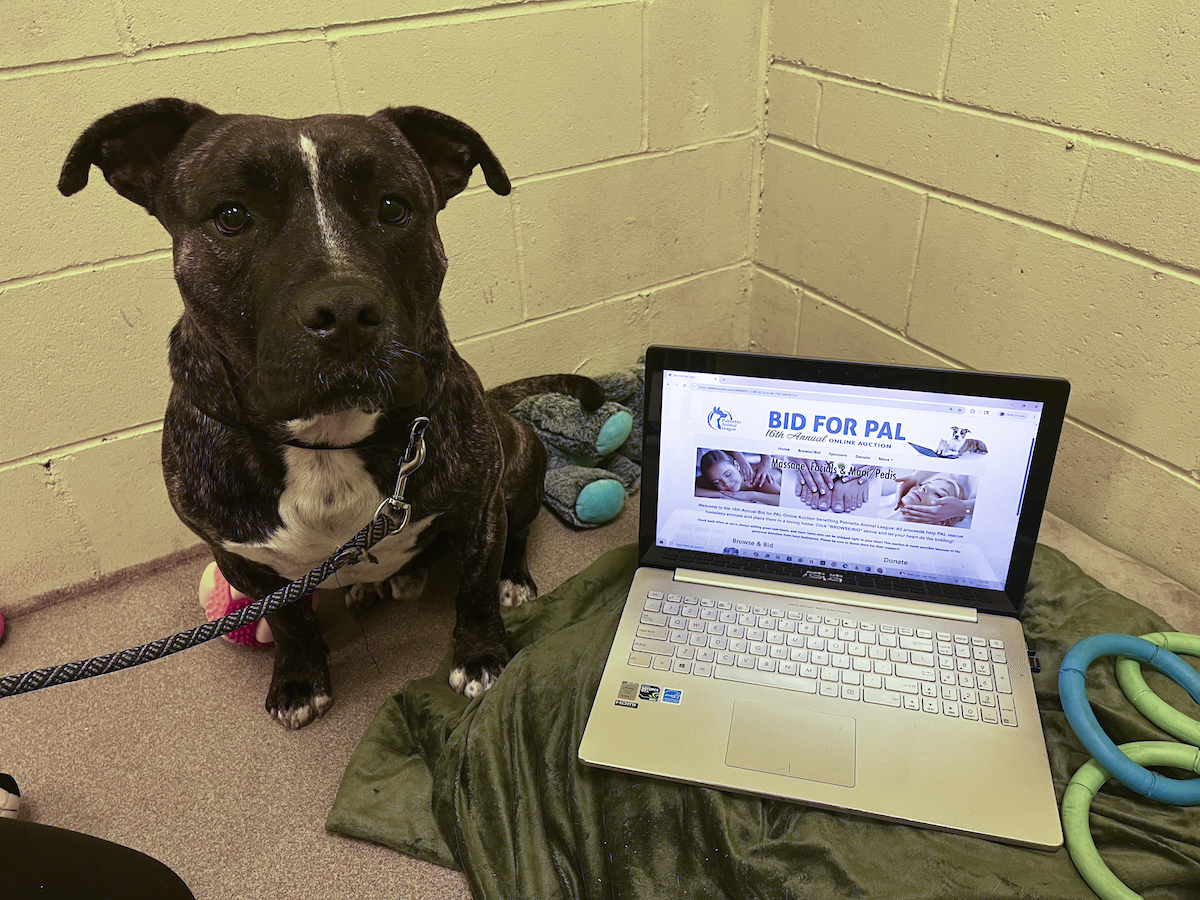By Tracie Korol
The short answer is yes. Is this one of those crazy ant-vaxxer pieces? No, but it is a cautionary tale. Yes, vaccinate your dog. Just don’t do it year after year after year after year. It’s time to do your research and be a true advocate for your Best Friend.
When it comes to vaccinating our dogs, most of us rely on our vets, trusting that their advice is up-to-date and not biased by economic or political concerns. Sadly, unless vets stay current on veterinary journal reading both allopathic and complementary… and assimilate any new information… and decide to forgo significant vaccination income, their advice may lag many years behind what experts in both areas currently advocate.
Vaccination is a serious medical procedure with the potential for adversely affecting health, both in the short and long term. Our pets today are suffering from an unprecedented epidemic of chronic hard-core degenerative disease much caused by the very pet vaccines that are supposed to preserve health. Our pets are routinely presenting with a variety of symptoms and diagnoses that were not seen in animals even a short 10 years ago. Perhaps you have might have a dog in your house with allergies that won’t go away, scary sounding diseases like thrombocytopenia, hemolytic anemia, polyarthritis, glomerulonephritis. Or your pet suffers inflammatory bowel disease or bizarre behavioral issues, perhaps a newly developed seizure disorder or even injection site tumors, to name just a few that have been linked to over-vaccination. Vaccinosis is the umbrella term for reactions to vaccines, to the altered virus contained in the vaccine, and also to the chemicals, adjuvants, and other components of tissue culture cell lines — as well as possible genetic changes — that can be induced by vaccines.
Because many people don’t make the connection between the administration of a shot and subsequent symptoms, and because the veterinary industry at large often does not acknowledge such a connection, adverse vaccine reactions often go unreported. So, what’s a pet owner to do?
1. Always consider locale, lifestyle, risk and vaccine effectiveness. If your tiny companion rarely leaves your lap, let alone the yard and is never around degenerate street dogs, you can probably pass on the vaccines designed to protect against diseases found in woods, wetlands and crowds.
2. Say no! to combination shots. Combo shots (with names like DHLPPC) hammer your dog’s immune system with multiple vaccines at once. Given for false economy and convenience rather than health or safety, combination shots assault the immune system and can create major health problems. Also, they invariably contain unnecessary vaccines. What would your body do if it had to contend with this immunological assault every year?
3. Don’t allow your vet, kennel owner or groomer to intimidate you into giving unnecessary shots. A simple “no, thank you” should be enough to stop any guilt-slinger, shamer or bully. Suggest titer testing for parvovirus or distemper and if told no, simply go elsewhere. There are vets around who will help you come up with a realistic and safe health plan.
4. Test immunity; don’t automatically re-vaccinate. Titer tests are blood tests measuring antibodies to disease. Pet vaccination expert Dr. Ron Schultz (google him) believes that titer tests yielding strong titers for parvovirus and distemper means not vaccinating against these diseases for years, and maybe for life. In fact, recent studies show that immunity increases, not decreases, years later.
5. Never vaccinate sick dogs, old dogs or tiny puppies. All vaccine labels state that they’re to be used in healthy animals. Unfortunately, the labels do not define “healthy” and most clients aren’t privy to this admonition. As a result, sick pets, itchy pets, diabetic pets, immune-compromised pets, pets undergoing chemo and surgery, and even elderly housebound pets are routinely boostered. Any shots given to an unhealthy animal—like a starving, diseased rescue, for instance– may well not provide immunity anyway and will likely cause an adverse reaction, or even death. (Rescuers, get them well first, then vaccinate.) Vaccinating pups that still have maternal immunity is unnecessary and ineffective.
6. Make copies of all files and store them in a safe place. Clinics and rescue operations lose records, go out of business, leave town, etc. Without your dog’s records, you may have to re-vaccinate unnecessarily because of lost or missing records.
Ready to be your dog’s advocate? Best case, find a vet concerned about over-vaccinating to advise you. Educate yourself and go to the vet armed with information. Most important: actually advocate for your dog; don’t just intend to advocate. What do I do? For my pets, I get a severely edited puppy series, spaced individually and then titer at 7 years. To date, no boosters whatsoever and no disease, either, in over 40 years.





